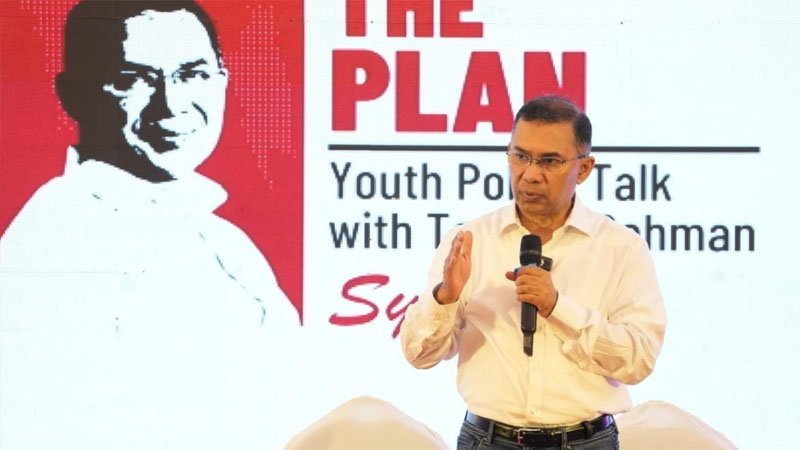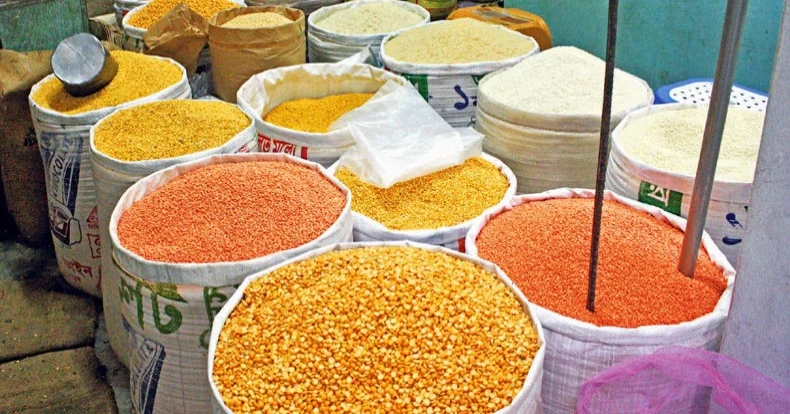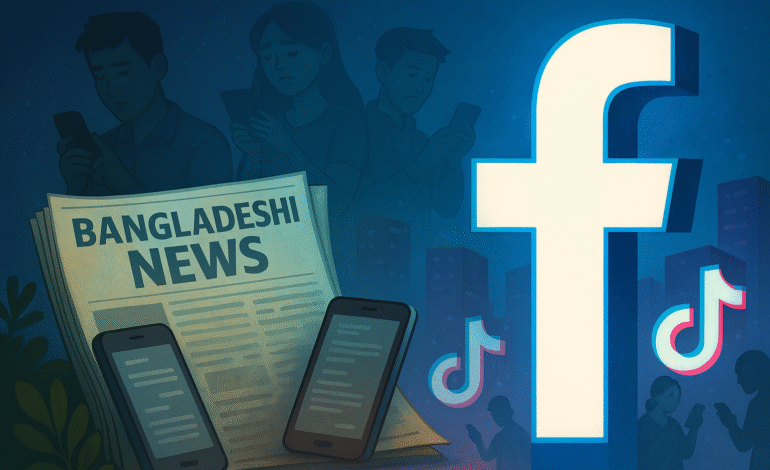Facebook Algorithm Shift in Bangladesh Reshaping News Landscape
The Facebook algorithm shift in Bangladesh has become one of the most debated issues of 2025. For years, millions of people in Bangladesh relied on Facebook as their main source of news and information. From political updates to community stories, the platform shaped how people engaged with their surroundings.
But the recent update has changed everything. Local news outlets and community pages now see sharp drops in engagement. Stories that once reached thousands are now invisible in users’ feeds. Instead, international content and entertainment dominate. This new environment raises a difficult question. Is Facebook connecting Bangladesh more with the world, or is it silencing its own local voices?
The Facebook algorithm shift in Bangladesh is not just a technical update. It has deep consequences for journalism, democracy, and culture. In this post, we explore its impact, its risks, and the debate around digital sovereignty.
Facebook Algorithm Shift in Bangladesh and Journalism
The Facebook algorithm shift in Bangladesh has directly hurt local journalism. Many small and regional outlets are reporting dramatic declines in visibility. For communities in Sylhet, Chattogram, Barisal, and beyond, these outlets are lifelines. They cover issues that national media often ignore.
Before the update, their posts naturally appeared on Facebook timelines. Now, only a fraction reach their audiences. This hurts both journalism and democracy. People know less about their local governments, their schools, and their neighborhoods. When fewer stories are shared, fewer conversations happen.
Advertisers notice this decline as well. Many small outlets rely on ad revenue from Facebook and lower reach means lower income. For already struggling newsrooms, the Facebook algorithm shift in Bangladesh may push them to closure. And with each newsroom lost, communities lose a voice.
Facebook Algorithm Shift in Bangladesh and Information Bias
Another critical issue is bias. The Facebook algorithm shift in Bangladesh favors content that attracts quick reactions. Memes, videos, and celebrity gossip spread faster. Long reports about climate change, corruption, or local governance do not.
This creates a new type of information bias. Important issues receive less attention. Viral entertainment takes the spotlight. Users scroll endlessly but see less meaningful content. As a result, people may feel more informed while actually knowing less.
Digital rights activists argue that this bias is dangerous. It reduces diversity of voices and strengthens echo chambers. In Bangladesh, where many citizens depend almost entirely on Facebook for news, the consequences are even greater. The Facebook algorithm shift in Bangladesh is slowly reshaping what people know and what they believe.
Economic Impact of Facebook Algorithm Shift in Bangladesh
The Facebook algorithm shift in Bangladesh has direct economic consequences. Small businesses, especially those relying on Facebook shops, are seeing a sharp decline in visibility. Entrepreneurs who built customer bases through targeted posts now struggle to reach buyers without paid ads.
This creates new costs for local sellers and widens the gap between large corporations and small entrepreneurs. For Bangladesh’s growing e-commerce sector, this shift feels like a step backward, reducing opportunities for grassroots digital trade.
Comparing Bangladesh with Global Experiences
Bangladesh is not alone in facing these challenges. Countries like Australia, Canada, and India have also confronted changes in Facebook’s news distribution policies. In many cases, governments stepped in to push for negotiations with big tech firms, ensuring local media outlets were not completely sidelined.
However, Bangladesh has yet to adopt a clear policy. Without strong regulation, the Facebook algorithm shift in Bangladesh could continue to silence smaller voices while amplifying global content that overshadows local relevance.
The Future of Local Journalism in Bangladesh
Despite the challenges, many journalists remain hopeful. Innovation in digital storytelling, partnerships with regional platforms, and stronger community engagement could provide alternatives to Facebook’s shrinking reach.
The Facebook algorithm shift in Bangladesh may even push media outlets to diversify beyond one platform and explore YouTube, TikTok, or independent websites. This could encourage healthier competition and reduce dependency on a single platform, which is crucial for sustainable journalism in a digital era.
Facebook Algorithm Shift in Bangladesh and Digital Sovereignty
The Facebook algorithm shift in Bangladesh also sparks debate about sovereignty. Should a foreign company control what millions of Bangladeshis see every day? Should one platform decide which stories are relevant?
Governments around the world are already questioning Facebook’s power. In Australia, laws force tech companies to share revenue with local publishers. In the European Union, regulations demand transparency about algorithms. Bangladesh is now part of this global debate.
Some argue for stronger regulations. They say Bangladesh must ensure that local news outlets get fair treatment. Others propose building alternative local platforms that highlight Bangladeshi voices. Whichever path the country chooses, one thing is clear. The Facebook algorithm shift in Bangladesh has turned digital sovereignty into a national issue.
How Facebook Algorithm Shift in Bangladesh Affects Users
Ordinary users also feel the change. The Facebook algorithm shift in Bangladesh means their news feeds look very different. Instead of community updates, they see trending videos or international news. This makes them less connected to their immediate surroundings.
For example, a student in Khulna may no longer see updates about their local university protest. A farmer in Rajshahi may miss vital posts about crop prices. At the same time, both may see viral clips from Hollywood or Bollywood instead.
This shift reduces community awareness. People may feel entertained, but they know less about what actually affects their lives. The Facebook algorithm shift in Bangladesh changes not only journalism but also everyday experiences.
The Future After the Facebook Algorithm Shift in Bangladesh
What comes next? The future depends on how Bangladesh responds to the Facebook algorithm shift in Bangladesh. Journalists, activists, and policymakers must work together. Solutions may include stronger regulation of social media algorithms, support for local news outlets through subsidies or grants, and building local platforms that prioritize Bangladeshi content.
Change will not be easy. But ignoring the problem is riskier. If local voices disappear, democracy weakens. If communities are silenced, culture fades. The Facebook algorithm shift in Bangladesh is a reminder that technology always carries consequences.
The Facebook algorithm shift in Bangladesh is more than a simple update. It is a reshaping of the country’s entire information system. Local journalism struggles, users face biased content, and questions of sovereignty grow louder.
Bangladesh now stands at a crossroads. Will it allow foreign algorithms to dominate public life? Or will it act to protect its media ecosystem? The answer will determine the health of journalism, democracy, and culture for years to come.
One truth is clear. The Facebook algorithm shift in Bangladesh is not just about news feeds. It is about who gets heard and who gets ignored.







